Looking to do some spring cleaning? Don’t forget about your electrical safety!

Spring has arrived! This means that renters and homeowners alike are beginning their annual spring cleaning but while you are cleaning out your gutters, wiping down your baseboards, and cleaning our your stove hood be sure you don’t forget to ensure you are focusing on your electrical safety as well. Not sure what should be on your annual spring cleaning electrical checklist? Don’t worry we are hear to help.
Let’s start with what you need to focus on indoors.
Check for Misplaced Cords
Do you have any cords that have found their way under rugs or carpet? How about in doorways or walkways or in bushes? Or worse yet near water sources? Not only can misplaced cords be a tripping hazard but when cords are near water or under rugs they can be a fire hazard, but sure to check to ensure your cords aren’t causing potential harm because they have somehow migrated from where you intended them to be.
Inspect All Extension Cords
It’s been a few months now since you had your Christmas lights up and your extension cords may have been out in the elements for a few months. Before you use that cord to power up your pressure washer be sure it is in good shape. Besides the danger of electrocution, damaged or worn out cables can turn into a real fire hazard. Carefully inspect your plugs, outlets, and cords to ensure everything is in good working condition. Check for any signs of damage such as frayed wiring or loose plugs. If you happen to find any damaged, then you’ll need to have them replaced immediately by a experienced electrician. This also includes making sure that none of your extension cords or power strips are over-plugged and overloaded. Keep plugins to a minimum where you can will lead to saving on your monthly utility bill and prevent tripping your breaker.
Ensure Your Appliances are Plugged into GFCI Outlets
GFCIs come in handy if your appliance is ever in contact with water or malfunctions. By shutting off immediately in one of these incidents, GFCIs help you avoid any possible electrical shock from taking place.
Replace Inefficient or Incompatible Voltage Light Bulbs
Do your lights flicker or dim for no apparent reason? It’s extremely important to use the correct wattage for your household bulbs, and it’s crucial to replace faulty and damaged light bulbs to avoid future electrical safety issues. By replacing them with energy-saving LED replacements you make your home eco-friendlier by saving electricity (and money!) as well as reducing electrical hazards that could occur with older or faulty bulbs & appliances.
Ok, so you made sure you are safe indoors, what about outdoors?
Be Safe When Doing Yard Work
Always call before you dig. Make a plan before beginning any major project in your yard. Start by calling 811.The professionals there will mark any potential dangers on your property, like buried wires, piping, or gas and water mains located where you plan to dig.
Double Check Your Power Tools
Inspect power tools and outdoor appliances before using them. The long winter months could have left some wear and tear, and the risk of electrical dangers is too high to avoid taking a few minutes to check for a frayed cord.
Look Out For Power Lines
Whether you are trimming trees or clearing out the gutters, if using a ladder always be sure to look up and out. Ensure your safety and the safety of those around you by staying at least 10 feet away from power lines when working outside.
Find a problem along the way? Need help
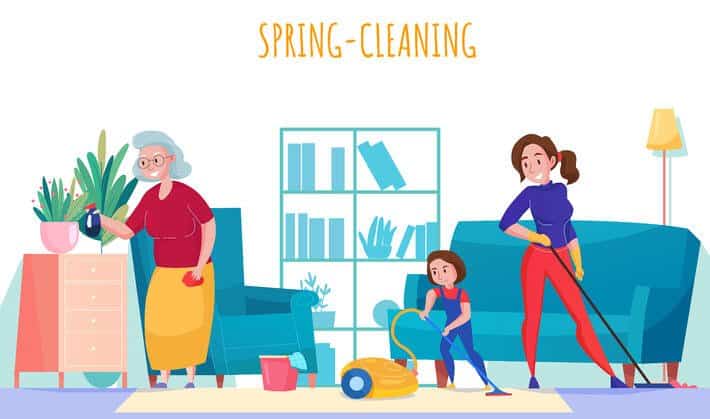
Recent Posts
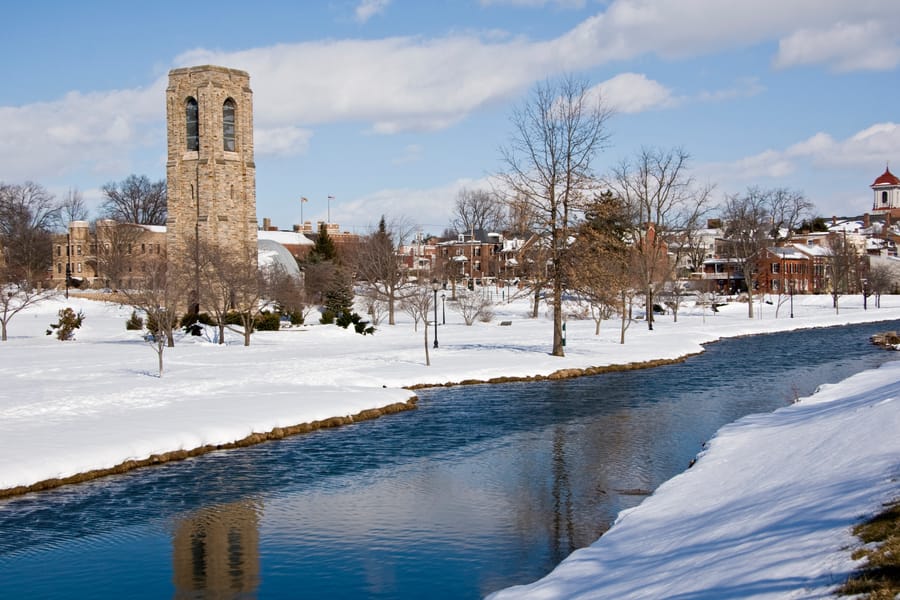
January 23, 2026
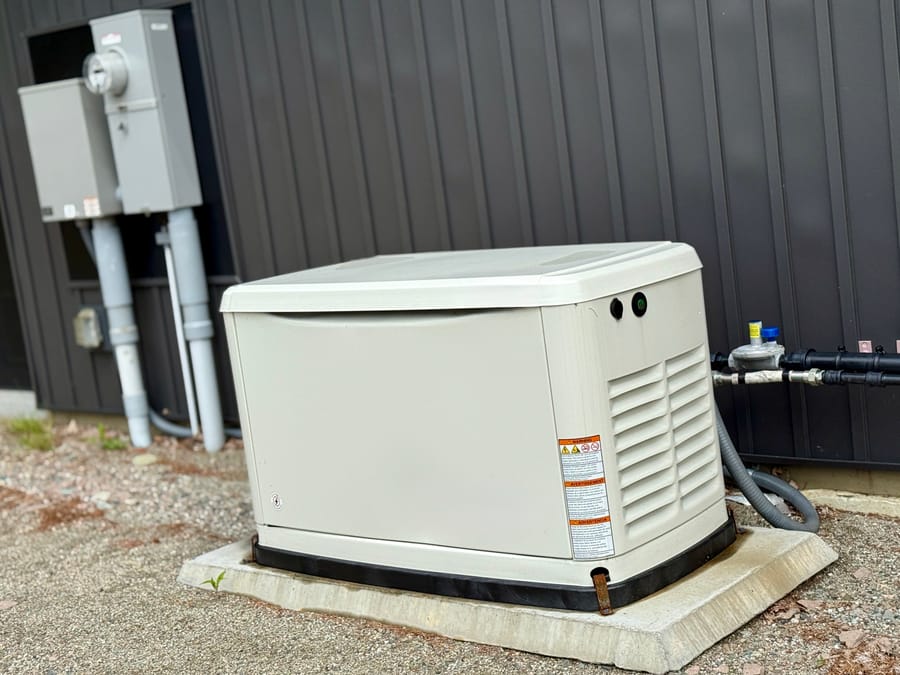
January 22, 2026
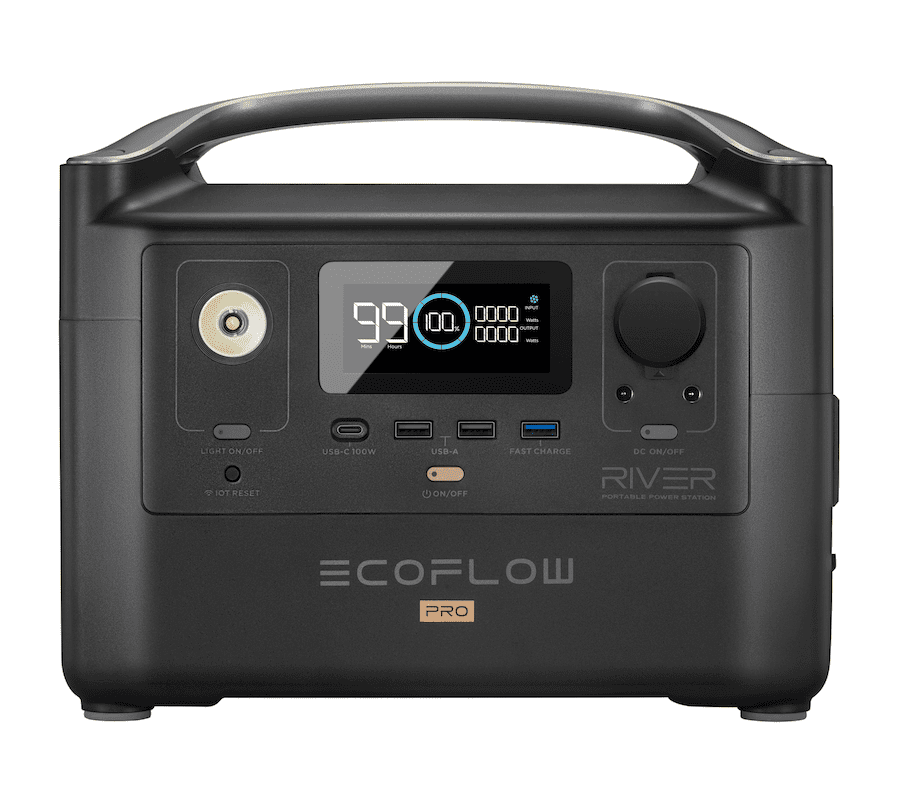
January 21, 2026
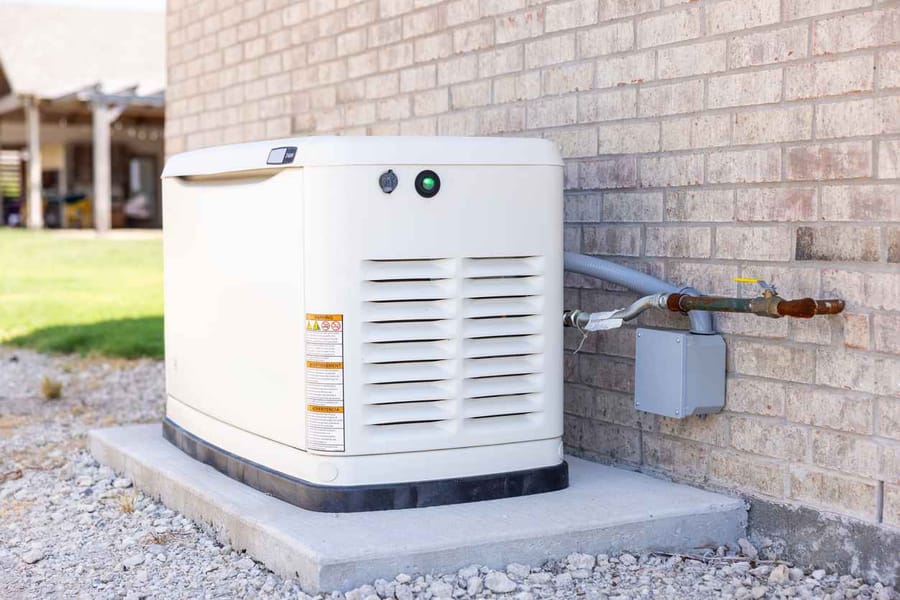
December 19, 2025

December 19, 2025
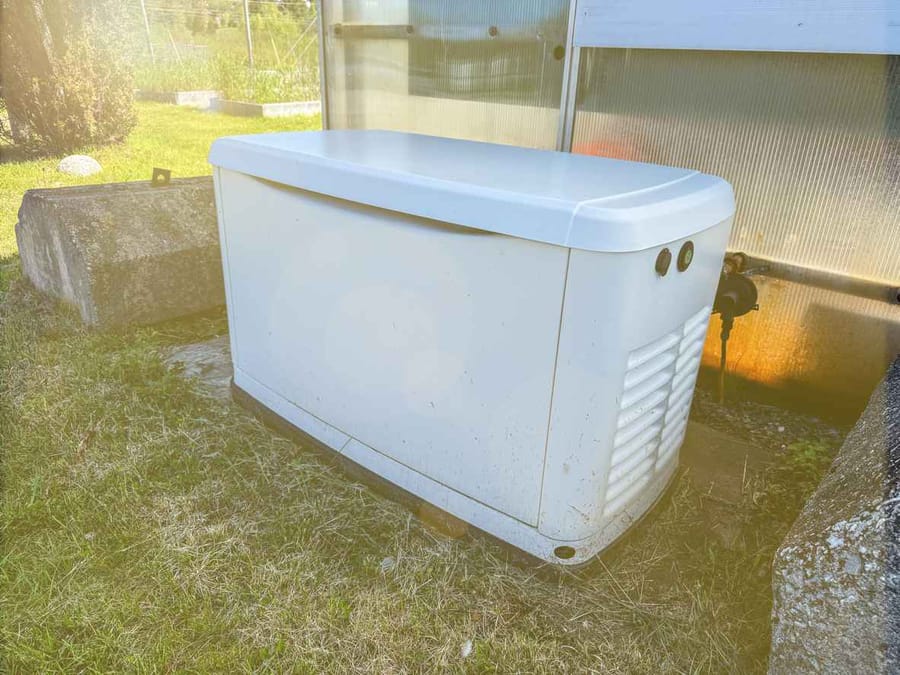
December 19, 2025
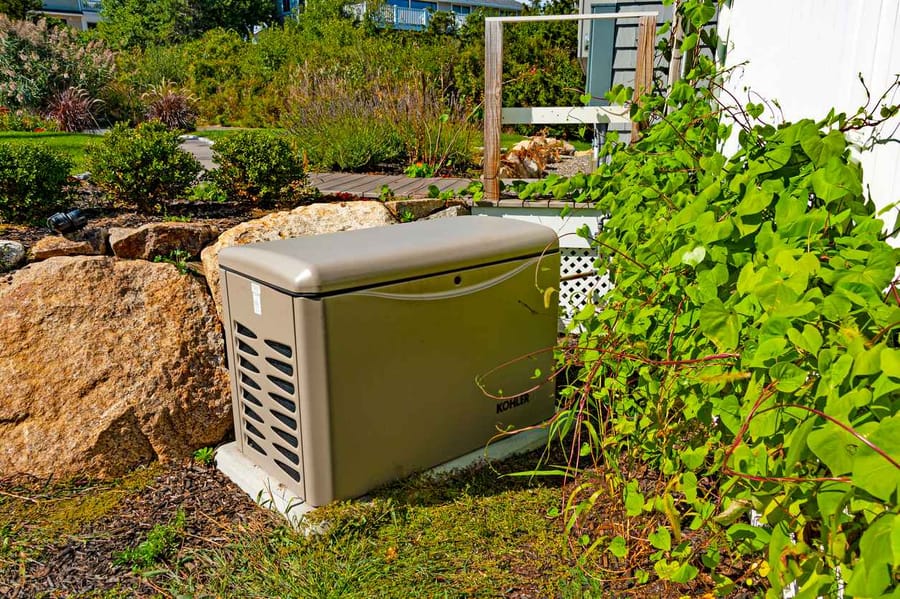
November 21, 2025